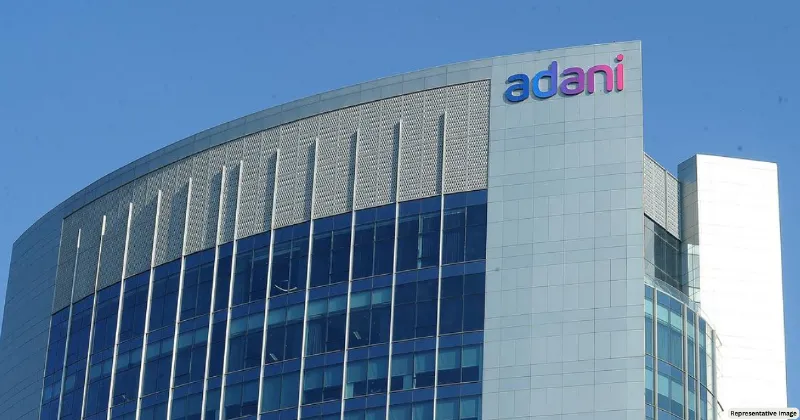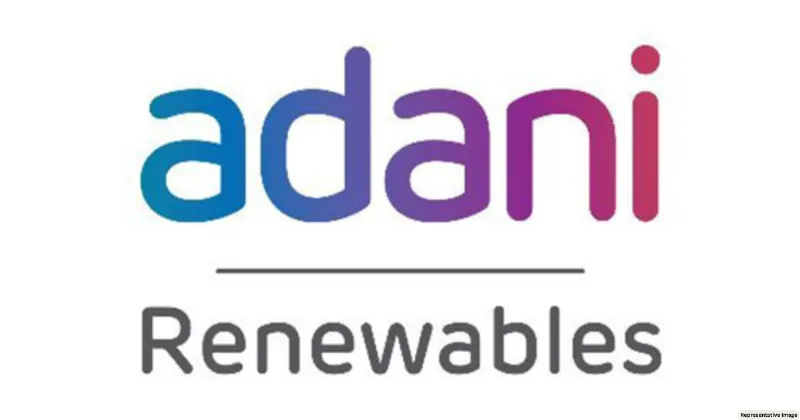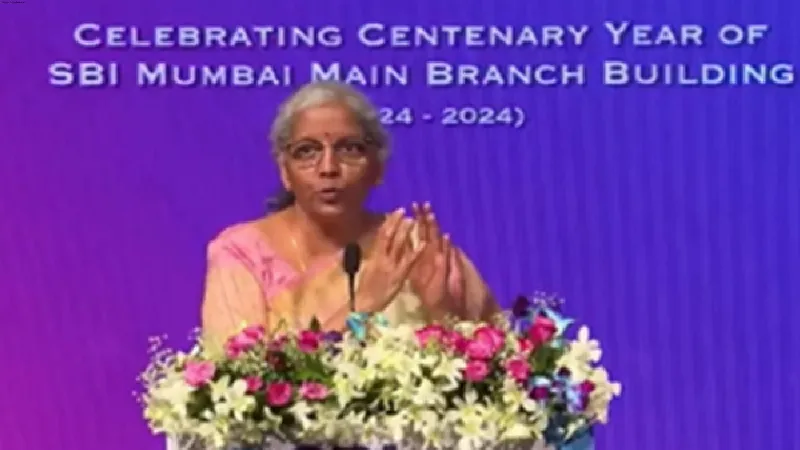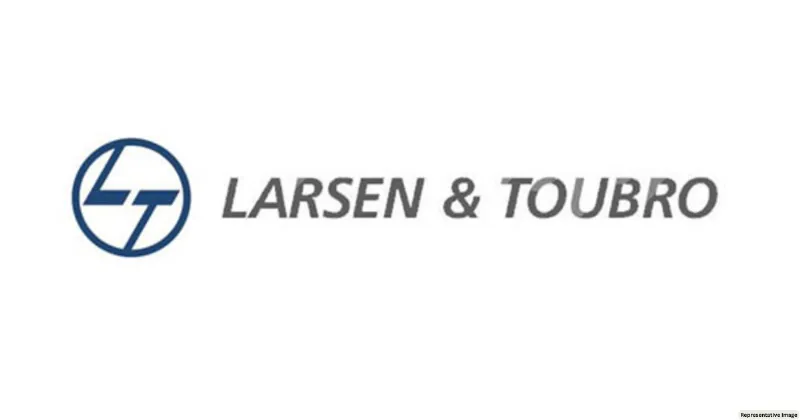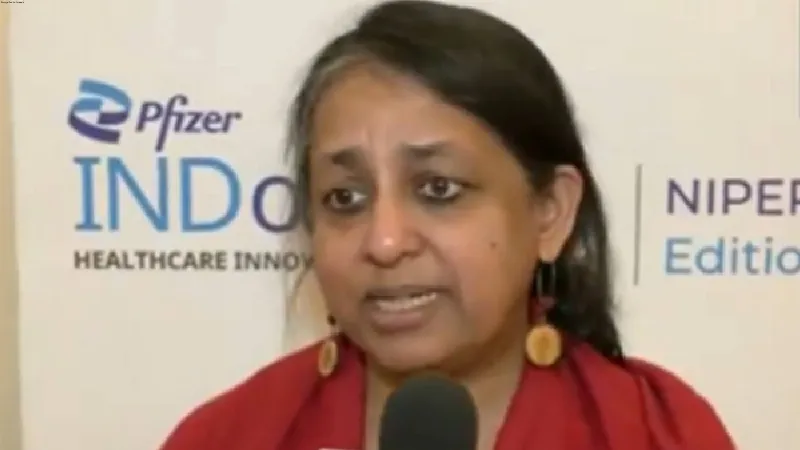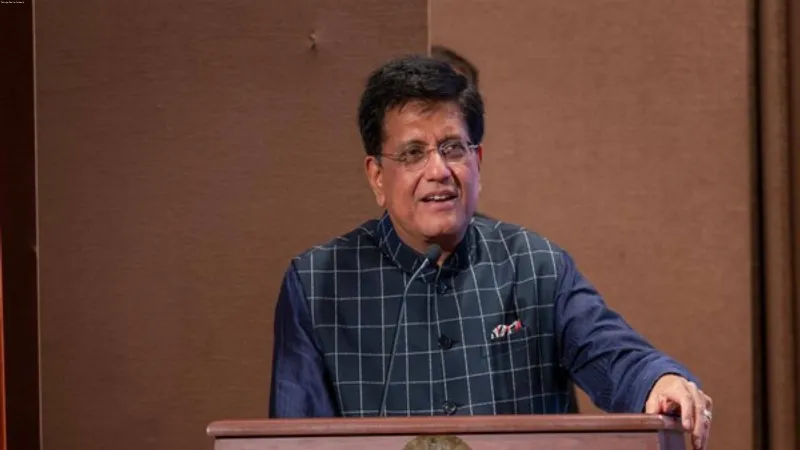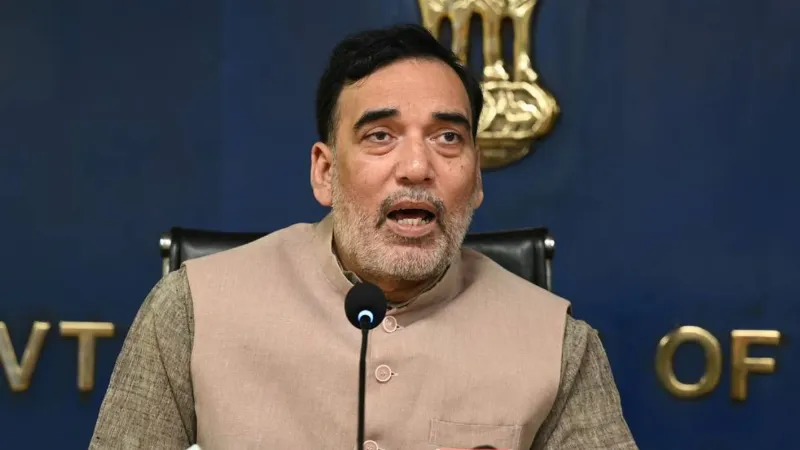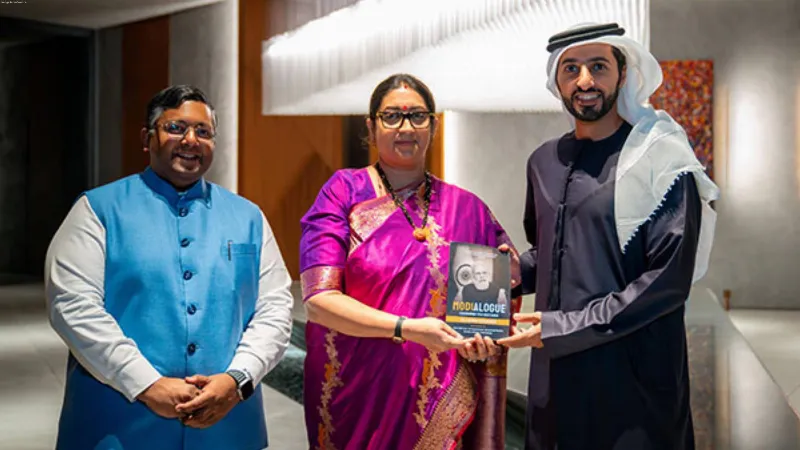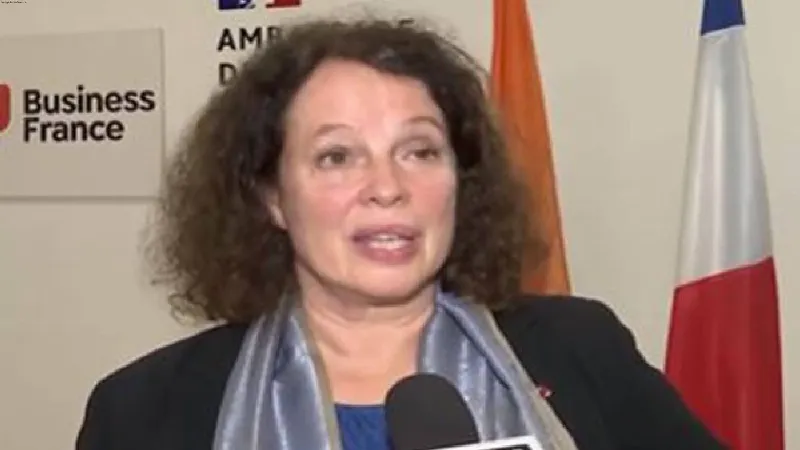AI 'godfather' Geoffrey Hinton quits Google to spread awareness against 'dangers' of artificial intelligence

New York: Geoffrey Hinton, the man who won the 'Nobel Prize in computing' for his work on neural networks and is known as the godfather of AI, is now speaking against the dangers of artificial intelligence. Hinton, alongside two other so-called godfathers of AI, bagged the Turing Award in 2018 for their trailblazing work in artificial intelligence, and recently quit his job at Google.
The reason why Hinton handed over his resignation and walked out of Google is so he could finally speak on the dangers of artificial intelligence, a tech that powers popular chatbots such as ChatGPT, Bing and more. In 2012, the 75-year-old and two of his graduate students at the University of Toronto created tech that eventually became the foundation for the artificial intelligence that the biggest companies in the tech industry believe is the next step towards the future. However, it was pretty shocking when Hinton joined the growing chorus of critics who have been raising their voices to warn the masses of the danger of generative AI.
After working for over a decade at Google and stepping up the ranks to become a respected voice in the tech world, Hinton quit his job so he could "freely" speak out and warn people about the risks of AI. In an interview with New York Times, Hinton says that a part of him now regrets his life’s work.“I console myself with the normal excuse: If I hadn’t done it, somebody else would have,” Hinton told NYT. On Thursday, Hinton spoke to Google CEO Sundar Pichai after handing over his resignation last month.
Tech industry leaders believe that artificial intelligence could have an equal impact as the web browser had in the early 1990s, and could be a breakthrough in different fields such as drug research and education. However, many critics of AI, including Elon Musk, feel that generative AI can be a tool for misinformation and could become a huge risk to jobs, or worse, a risk to humanity.
“It is hard to see how you can prevent the bad actors from using it for bad things,” Hinton said. When a group of leaders, including Eric Horvitz, the chief scientific officer at Microsoft which uses OpenAI's tech across a variety of its products, released their own letter warning of the rising risks of AI, Hinton did not sign it. The computer scientist said that the reason he did not sign those letters was because he did not want to publicly criticise Google or other companies until he had left his job. Hinton joined Google after the company spent $44 million to acquire a company started by him and his two students in Toronto - Ilya Sutskever and Alex Krishevsky - that could analyse thousands of photos and teach itself to recognise common objects such as cats, dogs and flowers. Their system led to other technologies that are becoming increasingly powerful such as ChatGPT and Google's Bard. As companies across the world continue to improve their AI systems, Hinton believes they are becoming "increasingly dangerous".
"Look at how it was five years ago and how it is now,” he said of AI technology. “Take the difference and propagate it forward. That’s scary.” As per NYT, all was good between Hinton and Google until Microsoft launched the new OpenAI-based Bing, which sparked a "code red" at Google. The spreading of misinformation is one of Hinton's many concerns regarding AI, including replacing workers. Hinton fears that as the world gets filled with fake imagery and text nobody will be able to tell "what is true anymore".
The former Google employee further emphasised the dangers of the technology which could quickly displace workers, and become a greater danger as it learns new behaviours.“The idea that this stuff could actually get smarter than people — a few people believed that,” he said, adding “But most people thought it was way off. And I thought it was way off. I thought it was 30 to 50 years or even longer away. Obviously, I no longer think that."
In his tweet, Hinton said Google itself had "acted very responsibly" and denied that he had quit so that he could criticise his former employer. When Reuters reached out to Google, part of Alphabet Inc., the company did not immediately reply to a request for comment. However, the Times quoted Google’s chief scientist, Jeff Dean, as saying in a statement: “We remain committed to a responsible approach to A.I. We’re continually learning to understand emerging risks while also innovating boldly.”

